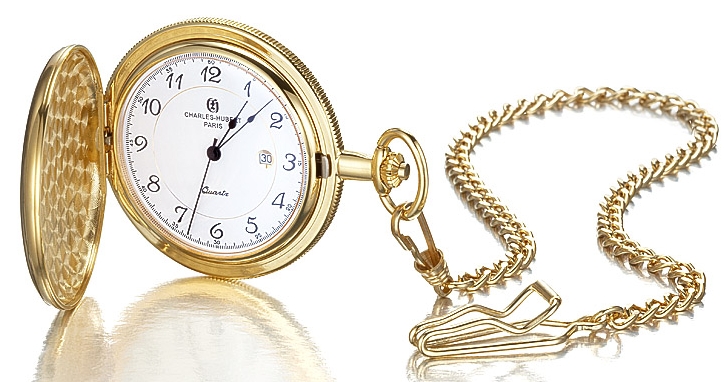Email a copy of 'Time and Planning, Pt. 2, by 3ADscout' to a friend
8 Comments
- Ad Ready Made Resources, Trekker Water Filtration SystemUsed throughout the World
- Ad L3 UNFILMED WHITE PHOSPHOR COMMERCIAL GRADE NIGHT VISION PACKAGEHuge Savings $400 off normal cost!


An additional consideration is that when our society was agrarian, families had many more children, because children are also a “time-saving device.”
Sometimes I get teased because I like to do my housekeeping the old-fashioned manual way. But it’s more physical, and I don’t have to go to a gym to get my exercise.
One thing my father used to say when work need to be done was, “Son don’t waste about looking for help ’cause it ain’t coming.
Grid Down farming will be a sun-up to sun-down task. Providing security will be a 24 x 7 task. If your group is large enough, you can take a break from gardening to stand watch, but small families or individuals cannot do this. Good argument for building your group into a reasonable sized unit.
Great advice. And try to diversify knowledge if possible.
3ADscout,
The Dutch in me loves your article. Productivity is more than just getting things done as you’ve pointed out very nicely!
Use your time wisely is a biblical directive I remind myself of often.
In the Saga of Wieland the Smith, he forged a perfect nail and IIRC one armour of Henry VIII had screws
3ADScout…As one who has lost much time due to poor, or no, planning, I appreciate this reminder. You also offer a quiet lesson regarding collaboration. I am grateful to have married a woman who is more planful than I am.
We would do well, she and I, to recruit others who could complement our skills.
On a different note, I was curious about your assertion regarding burning down a house to salvage the nails. So, I looked it up and found this:
I found some details about this practice at Colonial Williamsburg, offered by the master blacksmith there:
By the sixteenth and seventeenth centuries, nail-making had become a specialized industry in advanced economies…
Throughout the colonial period, reasonably priced English nails were readily available in coastal cities, limiting the need to develop a substantial nail-making industry in the colonies. That is not to say that nails were not made in the colonies, but rather that nails were readily available and reasonably priced as imports… William Allason, merchant of Falmouth, Virginia recorded in one inventory that he had about 750,000 nails on hand. These were the product of workers back in England…
I often hear the statement that “Nails were so expensive that when moving, people would burn their houses down to save the nails.” This is partially based in fact. In the 1640’s, here in Virginia, the legislature passed an act that “…forbade the burning of buildings for the nails…”. Some historians jumped to the conclusion that buildings were burned to save nails, because nails were horribly expensive. This seems like a logical explanation for such a drastic act, until you consider the circumstances in which an entire building would be worth less than the nails used to build it…
The act went on to specify that if you had a building that you intended to burn for the nails, you could have two honest men estimate the number of nails in the structure, and petition the legislature. The legislature would give you the estimated number of nails in exchange for NOT burning the building. I suspect that this law may have been aimed at controlling wildfires more than at the cost of nails.
Several of the sites note the urban legend nature of the assertion. The lesson here is to be careful of a statement that sounds “logical” without adequate background.
I submit that our friend 3ADScout brings that lesson forward in cautioning us about assuming we will have lots of “free time” in a grid down world.
Carry on
I learned a lot about this by speaking to the father a of a friend who grew up on a farm(1000acres worked with horses) and how things got done and equiptment used(horse powered plows,cutters,rakes,mills etc). On smaller jobs dogs were used to power washing machines,mills etc. Do not forget the use of wind for pumps,mills etc